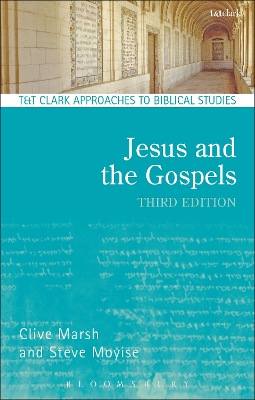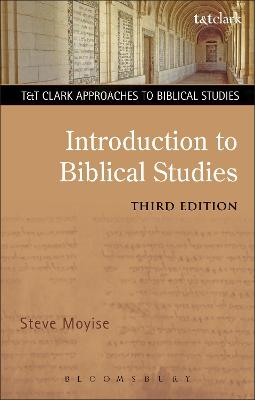Cassell biblical studies
2 total works
This work offers the student of biblical studies an introduction to the interpretative study of Jesus. It introduces students to the writings on Jesus and the main strands of critical interpretation. It studies the portrayal of Jesus in the four gospels with the tools of historical analysis, but with the understanding that it is the nature of the gospels which prevents history being the only concern.
This is an ideal introduction to modern biblical studies. Readers are introduced to questions of inspiration, canon and authority. This is followed by chapters on historical approaches to the Bible, such as source, form and redaction criticism. Comparisons with other literature, such as ancient flood stories or Egyptian psalms help to set the context for this. Moyise also asks such questions as 'How did we get the Bible?' and, 'why do modern versions of the Bible differ among themselves?'
Moyise considers a number of approaches to the Bible. Beginning with literary criticism, he shows how texts 'speak' to readers and influence their attitudes, emotions and behaviour. This is followed by liberation, feminist and finally a variety of theological approaches used by those who consider the Bible to be sacred scripture.
For the third edition Moyise has added two sections, one giving a basic outline of the biblical story together with a timeline and key dates, and another on dating the New Testament.
Moyise considers a number of approaches to the Bible. Beginning with literary criticism, he shows how texts 'speak' to readers and influence their attitudes, emotions and behaviour. This is followed by liberation, feminist and finally a variety of theological approaches used by those who consider the Bible to be sacred scripture.
For the third edition Moyise has added two sections, one giving a basic outline of the biblical story together with a timeline and key dates, and another on dating the New Testament.

